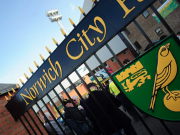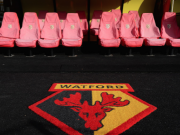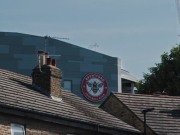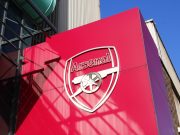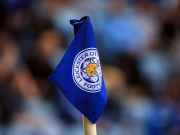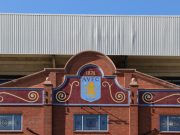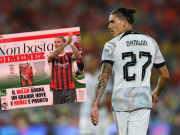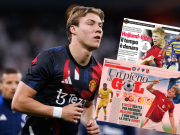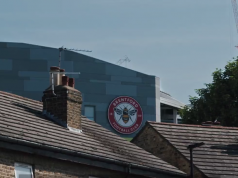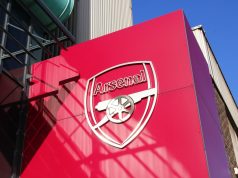When people talk about Saido Berahino these days, it’s mostly a case of what could have been.
Bursting onto the scene at West Bromwich Albion, the young forward had the world of English football at his feet, with many big clubs sniffing around his services.
At one point, it looked like Tottenham might be the ones set to win the race, but, at the very last minute, the move was scuppered and Berahino stayed at the Hawthorns.
That was the beginning of the decline of the youngster’s career, who struggled to overcome the disappointment, falling into a depression that affected his ability on the pitch.
He was transferred to Stoke City in 2017 for £12m, but despite the move being seen as the chance to turn things around, he never managed to get away from the issues that were surrounding him in England.
That’s why, out of the blue, the player decided to move to Belgium, far away from the English press, with Zulte Waregem.
Loaned this season to Charleroi, the 27-year-old has three goals in nine appearances, and opened up to DH on Thursday about everything that happened in his career.
One of the big talking points was his failed transfer to Tottenham.
He said: “I progressed too rapidly and everything went too quickly. It’s when West Brom refused to let me go to Spurs that the problems started for me. It was difficult for my family members to advise me because they hadn’t been in that situation.
“I wasn’t mature enough and didn’t have the people with experience around me to give me good advice. I lost my focus and it sent me into a depression”.
Berahino also opened up about that, explaining it went on for four years.
He continued: “When the head doesn’t follow, no footballer can perform on the pitch. People think it’s easy to be a footballer because we earn a lot of money, but they forget we’re human beings. They forget the mental side is the most important in football, in any sport, but also in life.
“If things aren’t well in your head, you won’t be able to do anything on the pitch. Many young players earn a lot of money very quickly but don’t find the right balance afterwards. I did it thanks to experience learned and my mum who was always there for me. I also had a daughter and a son who completely changed me. I suffered, but I still managed to become a professional footballer”.



